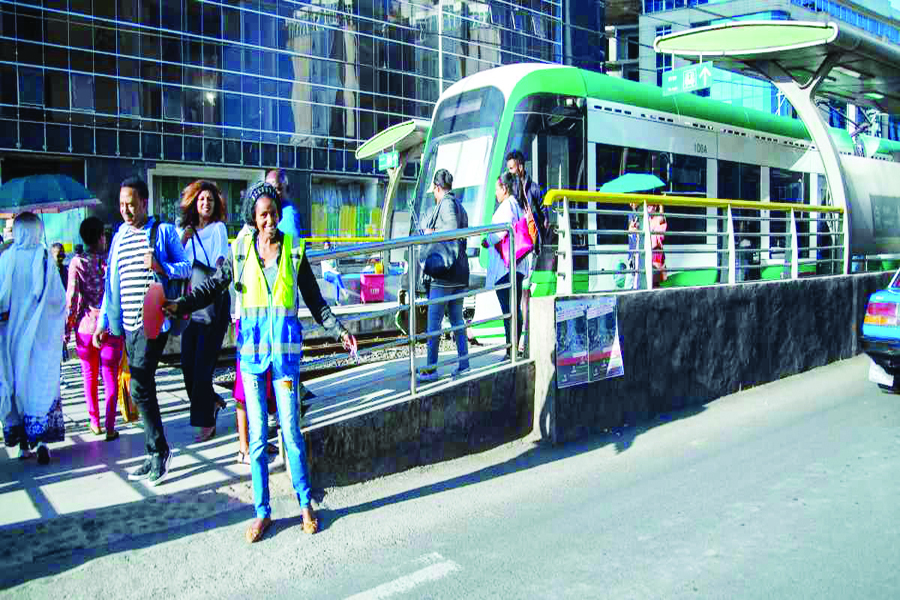
Fortune News | Jul 07,2024
Nov 21 , 2020
By Esayas B. Gebre-Meskel
If the soul of a nation thrives beneath its metaphorical founding stone long laid by its founders, the heart of a nation ought to pump the lifeblood from its capital. From the ancient city-state era to the emergence of nation-states in medieval times and all through the period of modern republics, capital cities held sway in the power of body politics for millennia.
Set upon a high elevation at its centre, this city is Addis Abeba for Ethiopia, founded in the late 19th century. In its more than century-old existence, the city evolved through different demographic compositions, geographic sizes, shapes and expanses. From just about a settlement that began with mere camps, it has grown to become a city that houses millions of residents.
Because of its political significance, it is one of the most visited and recognised capitals in Africa. It is a diplomatic hub, housing the headquarters of the African Union and the UN’s Economic Commission for Africa (ECA). It has the highest literacy rate in the country, is a commercial hub for Ethiopia, and has a thriving financial street.
Evidently, this makes the city important to the politics of Ethiopia. Addis Abeba has the privilege of being the capital of not just the central government, which historically wields the most power in Ethiopia, but also Oromia Regional State, the most populous of the regional constitutes of the federation that makes up Ethiopia.
The city’s governing bodies are headed by the mayor and the city council. Currently, the City Administration is responsible for the federal government. The city’s residents have a “full measure of self-government,” as enshrined in the Constitution. They elect legislators to parliament and also their city councillors in local elections.
To date, except for a brief period of Italian occupation, there have been 33 mayors ushered in and out at the helm, including the current one, Deputy Mayor Adanech Abiebie. Like it has been the case with the rest of Ethiopia, it has arguably never seen free and fair elections that led to popular legitimacy.
Capitals are cautiously and suspiciously looked at by incumbent politicians. This is true today, considering the complex politics of Addis Abeba and contention for ownership over the city. It is a truism expressed most vividly during the 2005 elections when demonstrations brought the city to heel, and one of the liveliest contentions for electoral control was carried out.
Politicians in Ethiopia, like those before them, understand that gaining the political upper hand over Addis Abeba resonates across the country. The nation’s heartbeat, through its economic, cultural and political significance, influences the rest of the country in myriad ways. Though it is true that not all initiatives come from Addis Abeba, such change is given significance once it reaches the capital.
The intellectual energy, drive and political consciousness in Ethiopia’s capital city create influence to be reckoned with in body politics. This seems to be in the negation of the popular considerations of politics.
“All politics are local,” Thomas O’Neill, the former US House Speaker, once said.
It was a principle drawn from a politician’s success as entangled to the ability to fathom and influence the interest of their constituents.
Perhaps, in 2011, Andrew Gelman, a political scientist and statistician, accurately described the discrepancy of the view that “all politics are local."
“Appealing to the simple, mundane and everyday concerns of the rural constituents among those who vote might have more likely been easier to buying-in than convincing urban constituents of those who vote on the merit of big and intangible ideas,” Gelman wrote.
What he is trying to say is that the small issue having to deal with local governance are not the only considerations in big cities such as Addis Abeba. Residents have more idealistic and abstract issues to contemplate. Their politics has a more universalised approach than less urbanised cities.
It is why the coming elections in Addis Abeba, for local governments as well as representatives in parliament, will most likely be interesting. It will doubtless be the most contested during the sixth general election in a few more months. For any party running, it should be clear that the residents of the city will endorse the political party that runs on the merits of diverse issues far beyond local politics.
PUBLISHED ON
Nov 21,2020 [ VOL
21 , NO
1073]
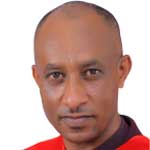

Fortune News | Jul 07,2024
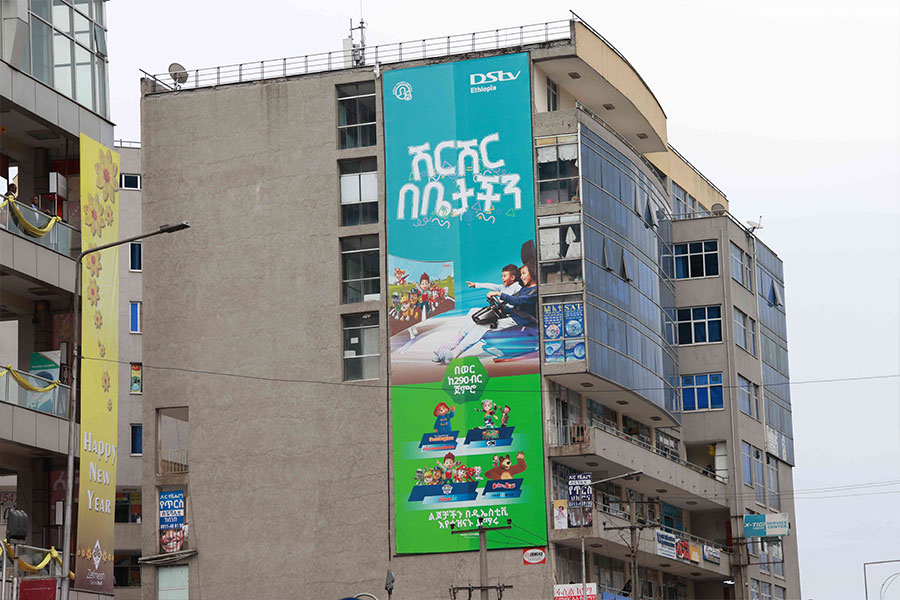
Fortune News | Oct 28,2023

Radar | Mar 11,2023

My Opinion | Oct 22,2022
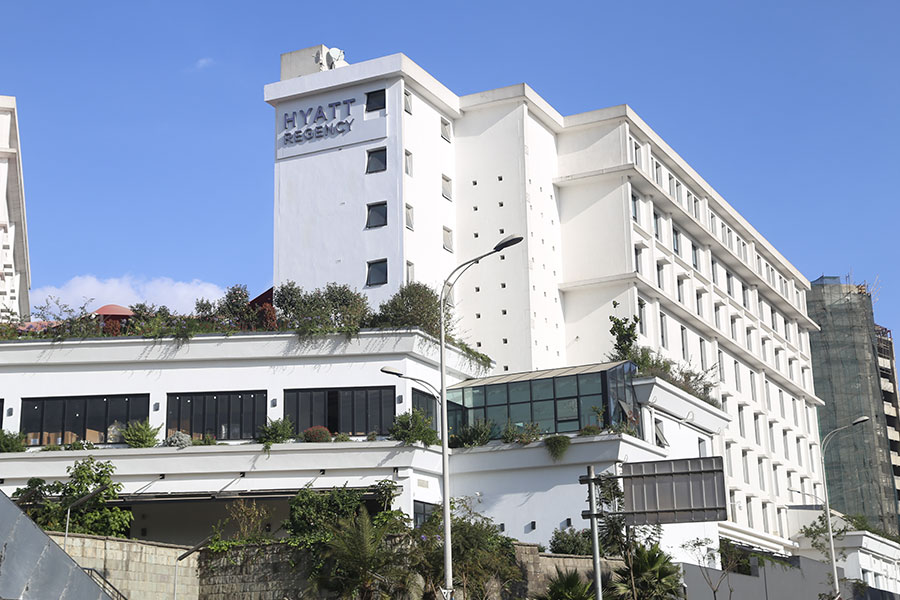
Fortune News | Dec 29,2018

Commentaries | Jul 01,2023

Editorial | Apr 11,2020

Radar | Jun 19,2021
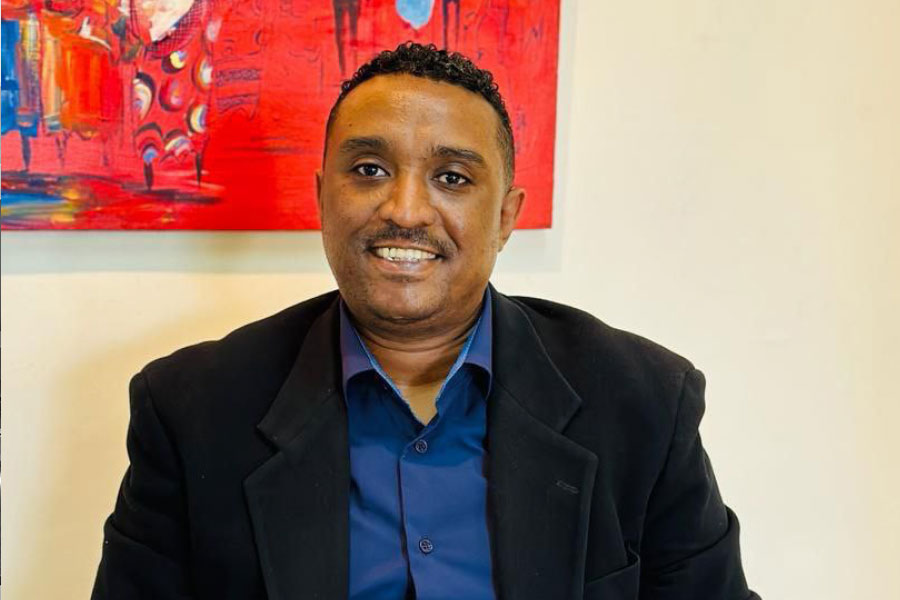
Exclusive Interviews | Apr 19,2025
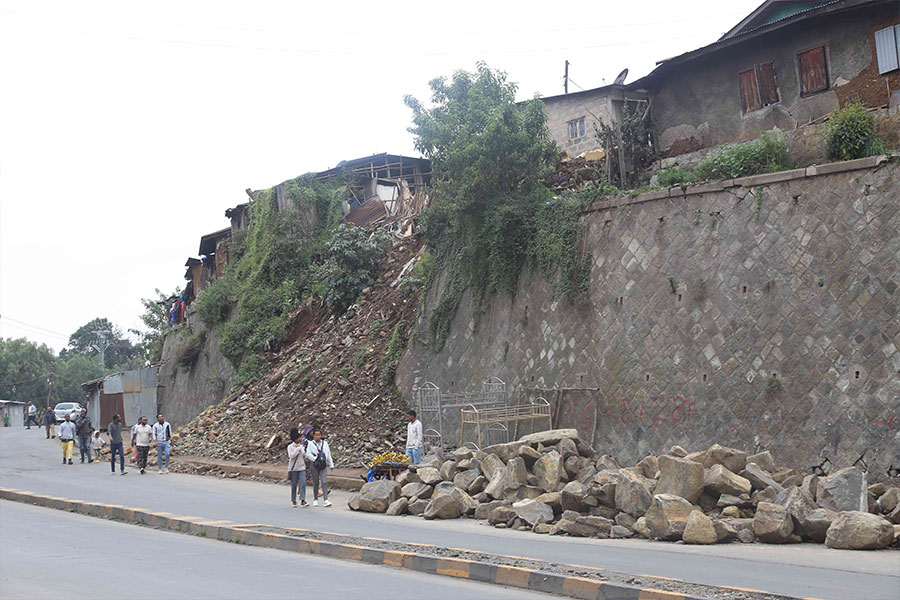
Fortune News | Jul 17,2022

Photo Gallery | 174925 Views | May 06,2019

Photo Gallery | 165151 Views | Apr 26,2019

Photo Gallery | 155415 Views | Oct 06,2021

My Opinion | 136746 Views | Aug 14,2021

Dec 22 , 2024 . By TIZITA SHEWAFERAW
Charged with transforming colossal state-owned enterprises into modern and competitiv...

Aug 18 , 2024 . By AKSAH ITALO
Although predictable Yonas Zerihun's job in the ride-hailing service is not immune to...

Jul 28 , 2024 . By TIZITA SHEWAFERAW
Unhabitual, perhaps too many, Samuel Gebreyohannes, 38, used to occasionally enjoy a couple of beers at breakfast. However, he recently swit...

Jul 13 , 2024 . By AKSAH ITALO
Investors who rely on tractors, trucks, and field vehicles for commuting, transporting commodities, and f...

Oct 18 , 2025
The political establishment, notably the ruling party and its top brass, has become p...

Oct 11 , 2025
Ladislas Farago, a roving Associated Press (AP) correspondent, arrived in Ethiopia in...

Oct 4 , 2025
Eyob Tekalegn (PhD) had been in the Governor's chair for only weeks when, on Septembe...

Sep 27 , 2025
Four years into an experiment with “shock therapy” in education, the national moo...

Oct 18 , 2025 . By NAHOM AYELE
In a sweeping reform that upends nearly a decade of uniform health insurance contribu...

Oct 18 , 2025 . By BEZAWIT HULUAGER
A bill that could transform the nutritional state sits in a limbo, even as the countr...

Oct 18 , 2025 . By SURAFEL MULUGETA
A long-planned directive to curb carbon emissions from fossil-fuel-powered vehicles h...

Oct 18 , 2025 . By BEZAWIT HULUAGER
Transaction advisors working with companies that hold over a quarter of a billion Bir...